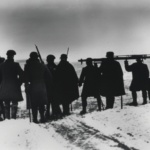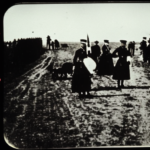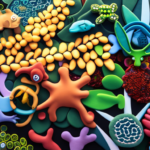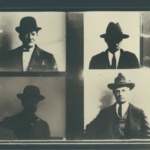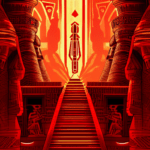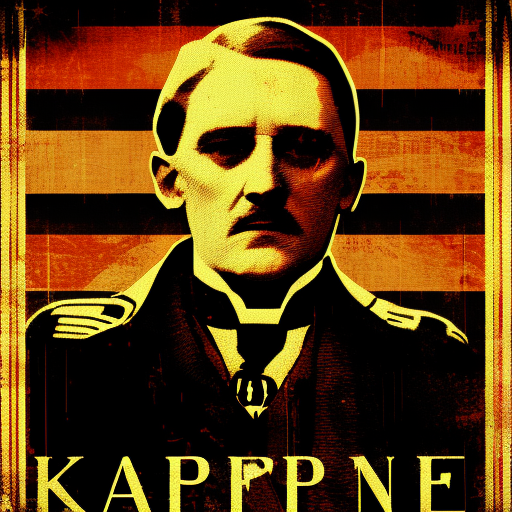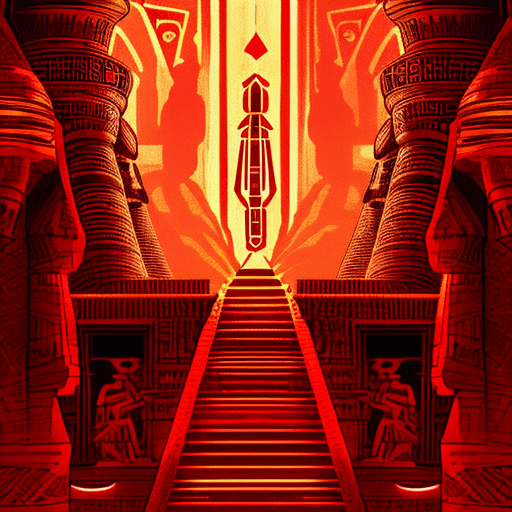One-line Summary:
Mein Kampf is Adolf Hitler’s autobiographical manifesto that outlines his political ideology, anti-Semitic beliefs, and plans for Germany’s future.
Adolf Hitler’s Mein Kampf: A Disturbing Autobiographical Manifesto
Hitler’s Early Life and Political Awakening
Mein Kampf, meaning “My Struggle” in English, is an autobiographical manifesto written by Adolf Hitler during his imprisonment in the 1920s. The book provides insight into Hitler’s early life, his experiences in Vienna, and his political awakening. Born in Braunau am Inn, Austria, in 1889, Hitler grew up with a passion for art but faced numerous rejections from art schools. He eventually moved to Vienna, where he immersed himself in political and anti-Semitic literature, which greatly influenced his worldview.
The Formation of Hitler’s Political Ideology
Mein Kampf delves into the formation of Hitler’s political ideology, which laid the foundation for the Nazi Party and its subsequent actions. Hitler’s extreme nationalism, anti-Semitism, and belief in Aryan racial superiority are prominent themes throughout the book. He expresses his disdain for democracy, Marxism, and the Treaty of Versailles, which he believed weakened Germany. Hitler also outlines his vision for a unified German nation, Lebensraum (living space) expansion, and the eradication of perceived racial enemies.
The Jewish Question and Anti-Semitism
A significant portion of Mein Kampf is dedicated to Hitler’s anti-Semitic beliefs and his obsession with the so-called “Jewish question.” He blames Jews for Germany’s economic woes, political instability, and cultural decay. Hitler propagates conspiracy theories, claiming that Jews control the media, banking, and international politics. He advocates for the removal of Jews from German society, promoting their segregation, and ultimately their extermination. Mein Kampf serves as a chilling precursor to the Holocaust, foreshadowing the atrocities that would later be committed by the Nazi regime.
Key Takeaways:
- Mein Kampf is Adolf Hitler’s autobiographical manifesto that outlines his political ideology, anti-Semitic beliefs, and plans for Germany’s future.
- The book provides insight into Hitler’s early life, his experiences in Vienna, and his political awakening.
- Hitler’s extreme nationalism, anti-Semitism, and belief in Aryan racial superiority are prominent themes throughout the book.
- Mein Kampf serves as a chilling precursor to the Holocaust, foreshadowing the atrocities that would later be committed by the Nazi regime.
In Mein Kampf, Adolf Hitler lays bare his twisted ideology, providing a disturbing glimpse into the mind of one of history’s most notorious dictators. The book serves as a cautionary tale, reminding us of the dangers of unchecked hatred, propaganda, and the consequences of allowing extremist ideologies to take hold. Mein Kampf is a stark reminder of the importance of vigilance and the preservation of democratic values in the face of rising extremism.
